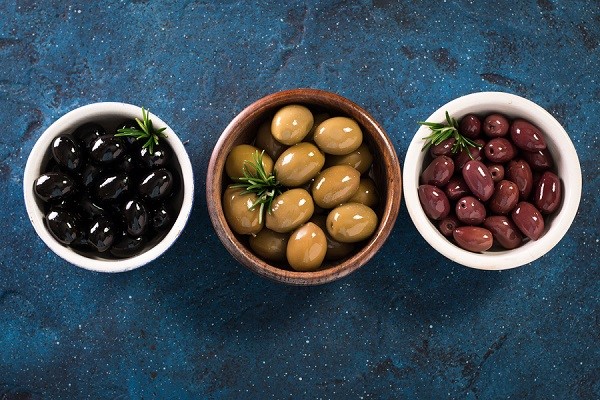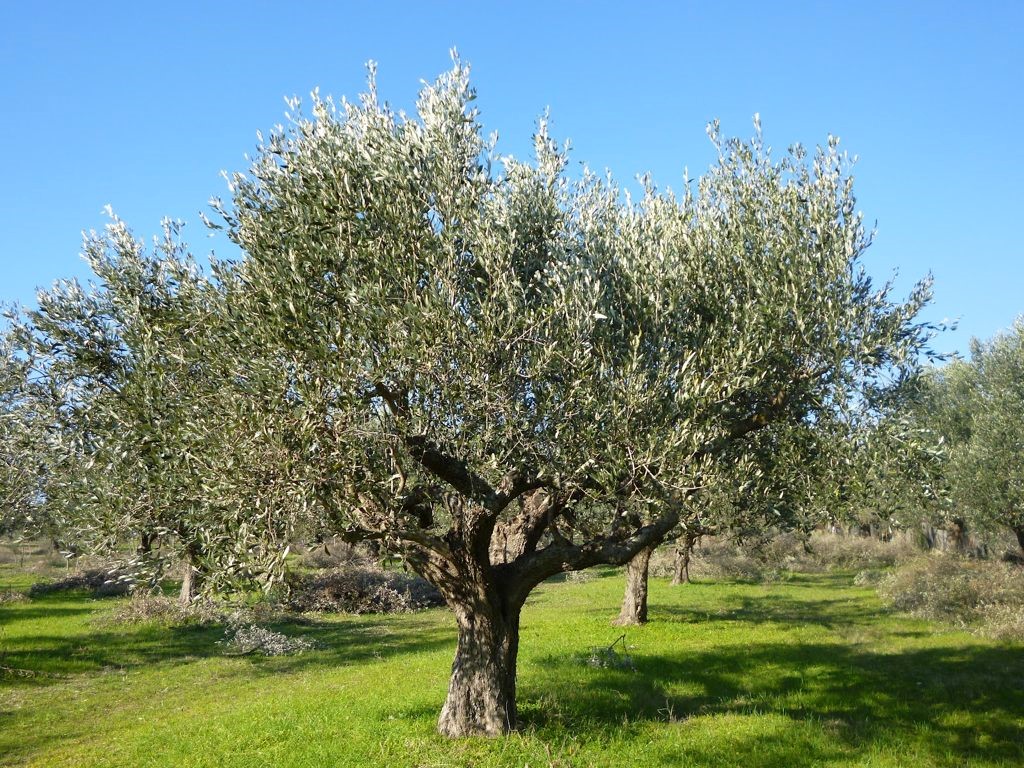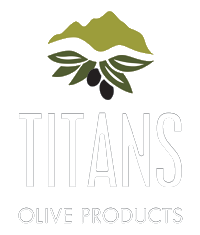
Nutritional Value

Nutritional Value
According to mythology, during the battle that would determine the protector of Athens, which happened on the sacred Rock of Acropolis, it was Athena who won and gifted the Athenians the world’s first olive tree which grew from the spot the Goddesses’ spear had stricken. That tree was useful for the nutrition, the lighting, the heating, the health and the beauty routines of the Athenians. From that moment on, the olive trees growing around Athens became sacred. Woe to anyone who dared to harm them, as the punishments for such actions were ostracism or death penalty.
Olives and olive oil are key ingredients of the world famous Mediterranean diet. They are a good source of vitamins E, K, B and A, monounsaturated fatty acids, fibers and minerals, calcium, magnesium, phosphorus. They also contain phenolic compounds, which are a natural antioxidant, while they protect our body from toxins and free radicals, as mentioned by the Medical Research Reviews, which revealed their exquisite benefits.
Scientists have also claimed that regular consumption of olives and olive oil decreases the effects of chronic inflammations, cardiovascular diseases and some forms of cancer.
Furthermore, olives are also a good source of biophenol, a form of antioxidant that inhibits the accumulation of bad cholesterol on the inner walls of the arteries, which makes it an excellent and above all a healthy snack.

Titans Olives
More specifically, because of their high content of fats, olives provide a good amount of energy, about 100 calories per 10 olives. Five big olives constitute one equivalent of fat and correspond to one teaspoon of olive oil. 75% of the fats found in olives are monounsaturated fatty acids, which are beneficial to the functions of the human body. The consumption of monounsaturated fatty acids has proved to decrease the risk of cardiovascular diseases.
When saturated fats in a diet are replaced by monounsaturated fats, the total cholesterol and the LDL cholesterol levels in the blood, drop significantly.
As for the rest of the micronutrients found in olives are high levels of vitamin E, A and carotenoids. The minerals and trace elements that are provided to us by olives are calcium, copper, iron, manganese and zinc.
This widely loved fruit is packed with valuable substances that have very strong antioxidant properties, like hydroxytyrosol, tyrosol, oleuropein, oleocanthal and squalene. Antioxidants reduce oxidative stress and protect our body from physical deterioration



